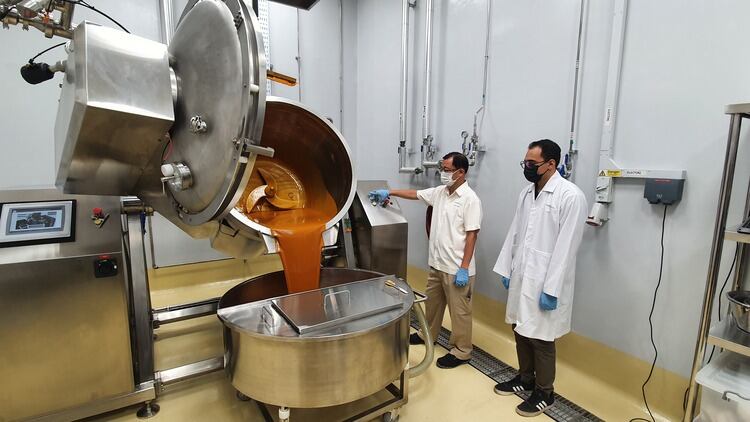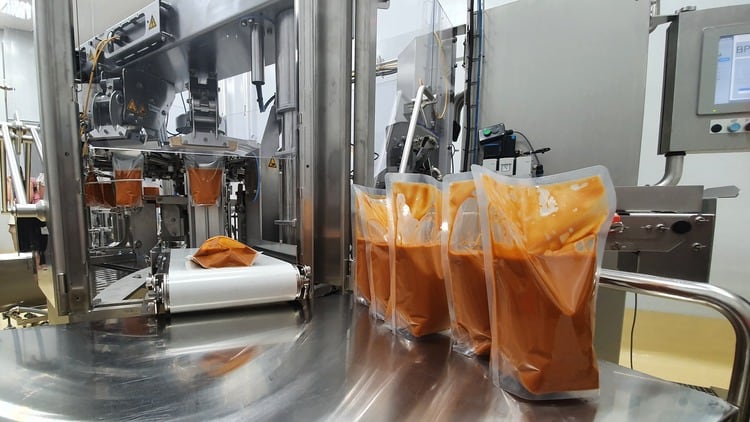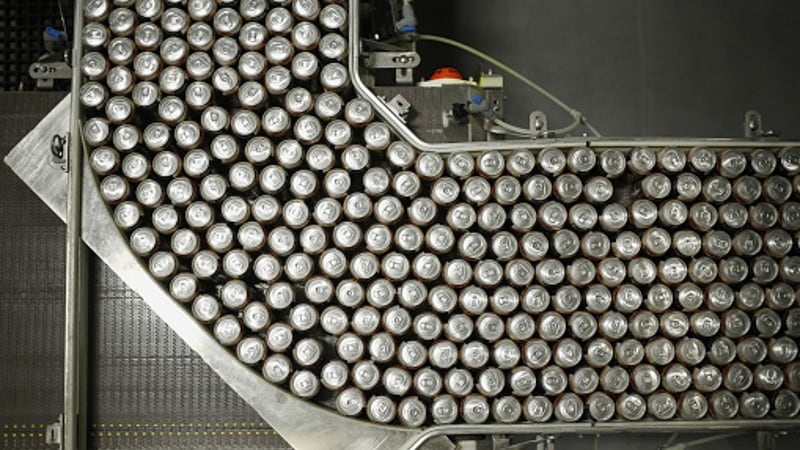Firms wishing to produce small batches of food as testers or experiment with the latest technology can now utilise Singapore’s first shared facility named FoodPlant.
FoodPlant, a joint effort of local university Singapore Institute of Technology (SIT) and government agencies Enterprise Singapore (Enterprise SG) and JTC, is an SGD$13m (USD$9.5m) facility aiming to bolster innovation in the Singapore food scene.
According to SIT’s Vice-President (Applied Research), Associate Professor Dr Susanna Leong, the team took four years to set up the facility after consulting industry players.
The plant hopes to assist 200 food manufacturers and accelerate the development of 400 new products by 2026.
Besides housing pilot-scale equipment, the plant provides R&D consultancy services and upskilling courses. The courses are taught by local and foreign experts, including the CEO of FoodPlant, Associate Professor Dr Lim Bee Gim, and can be tailored to fit company needs.
“The plant is not restricted to Singapore-registered companies. All are welcome. We are open to partnerships. We want synergy, knowledge-sharing and welcome any collaborations because our priority is to uplift innovations and food supply,” said Dr Lim.
True to this notion, FoodPlant has signed an MOU with its counterpart, Foodbowl New Zealand, to boost cross-border cooperation. Foodbowl is a government-supported, pilot-scale food processing facility in South Auckland that provides food businesses with a platform to innovate, scale up and commercialise new offerings.
Before FoodPlant, there were no SFA-licenced (Singapore Food Agency-licenced) facilities that could accommodate small-scale production. An SFA licence is crucial to selling products commercially in Singapore.
Currently, there are only contract manufacturers, and they require minimum orders. Hence, this effort is essential to plot food production and conduct market testing affordably, added Dr Lim.
“The R&D consultancy and training can optimise formulations and processing to scale existing recipes. These efforts can deepen the foodtech capabilities and adopt advanced processing technology. We want to be with the companies on their innovation journeys,” said Dr Lim.
Plant plan
Located at the JTC Food Hub @ Senoko building in northern Singapore, the 1,107 square metre facility has nine rooms with specialised food production equipment supervised by eight staff.
The rooms are general processing, filling and packing, retort, thermal processing, non-thermal processing, spray drying, extrusion, analysis and dry process. Each room houses specific machines for the stipulated function.
For instance, the general processing room is outfitted with a multi-function steam jacketed cooker for products like pastes, sauces, soups and jams. It can chop, mix, emulsify, vacuum deaerate, heat and cool.

The retort room is equipped with a machine for the commercial sterilisation of food in retort pouches or glass jars to extend its shelf life and storage under ambient conditions.
The thermal processing room encompasses the heat treatment of liquids using processes like pasteurisation, extended shelf-life (ESL) and Ultra-High Temperature (UHT). The UHT system is suitable for sterilising heat-sensitive liquids, with minimal effects on flavour and colour.
Next, the plant has an extrusion room with a twin-screw extruder with High Moisture Extrusion Technology (HMET). It can texturise plant-based proteins into meat alternatives.
Firms that wish to utilise the equipment can sign up as a member and use them on a pay-per-use basis. The annual membership fees are SGD$10,000 (USD$7,300) for MNCs and SGD$5,000 (USD$3,650) for SMEs, running from April to March the following year.
The plant is currently offering early bird fees of SGD$2,000 for MNCs and SGD$1,000 for SMEs for the first 20 sign-ups.
Members get priority booking of rooms and equipment and an additional 20% off for services after the first year promotion. Bookings range from SGD$700 to SGD$1,000 per day, depending on the room type.
Companies can book multiple rooms and ancillary equipment alongside establishing cleaning instructions supervised by plant staff. Machines will undergo rapid hygiene methods, like adenosine triphosphate (ATP) swab tests and various checks, said FoodPlant Deputy Head Fiona Lee.
The plant has attained 17 members, including Agrocorp International, Dahmeh Pte Ltd and SGProtein. Other members include Ingredion, Growthwell and Roquette Asia Pacific.
Agrocorp International, represented by the Director of Strategic Investments Vishal Vijay, has utilised the jacketed stirred tank with an inline high shear mixer station in the thermal processing room for their eggless egg product under its HerbYvore brand.
Using that station, the firm can produce 200 litres of eggless eggs for 800 jars of 250 millilitres per batch. It can produce up to three batches in a day.
“Entering market space is risky, so this facility can help us see whether we can manufacture at scale. It is difficult to scale without this facility because not many plants in Singapore have this capability,” said Vijay.
The retort room was utilised by Dahmeh, represented by co-founder Ng Liu Qing.
The firm produces collagen made with fish scales in glass bottles, which were sterilised in that room.
“Before this, our collagen products could last only three weeks. But with the retort technology, it can last up to two years in ambient conditions.
“It’s good for a small company. How can we afford a quarter-million machine? There’s no way for a small business to maintain such a machine,” said Ng.
The extrusion room with HMET technology has been utilised by Singapore-based contract manufacturing platform SGProtein, represented by co-founder and CEO Dominique Kull.
Up to 80 kilogrammes of meat alternatives can be generated in an hour from a powdered protein blend in that room.
“With this facility, we don’t have to make a big investment on machines. This facility also can allow us to attain a product that is 80% to 90% ready for scaling up at our actual plant in Jurong (west Singapore). We can also experiment with new raw materials, different fibres, functionality, textures and tastes,” said Kull.
Dr Lim concluded: “The companies can take ownership of their processes and products. They own the IP, not us.
“And when they take ownership, the growth will become sustainable.”




